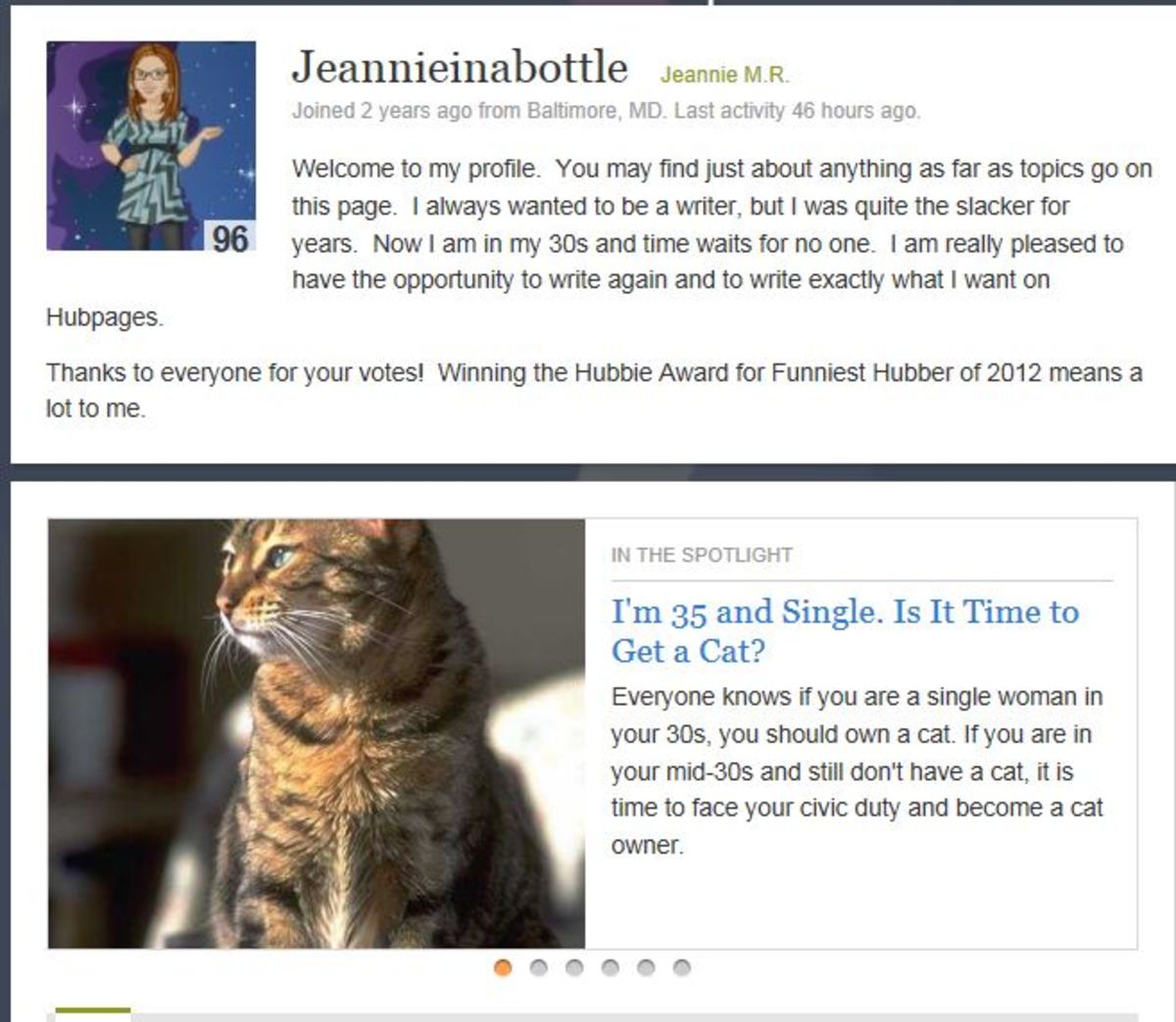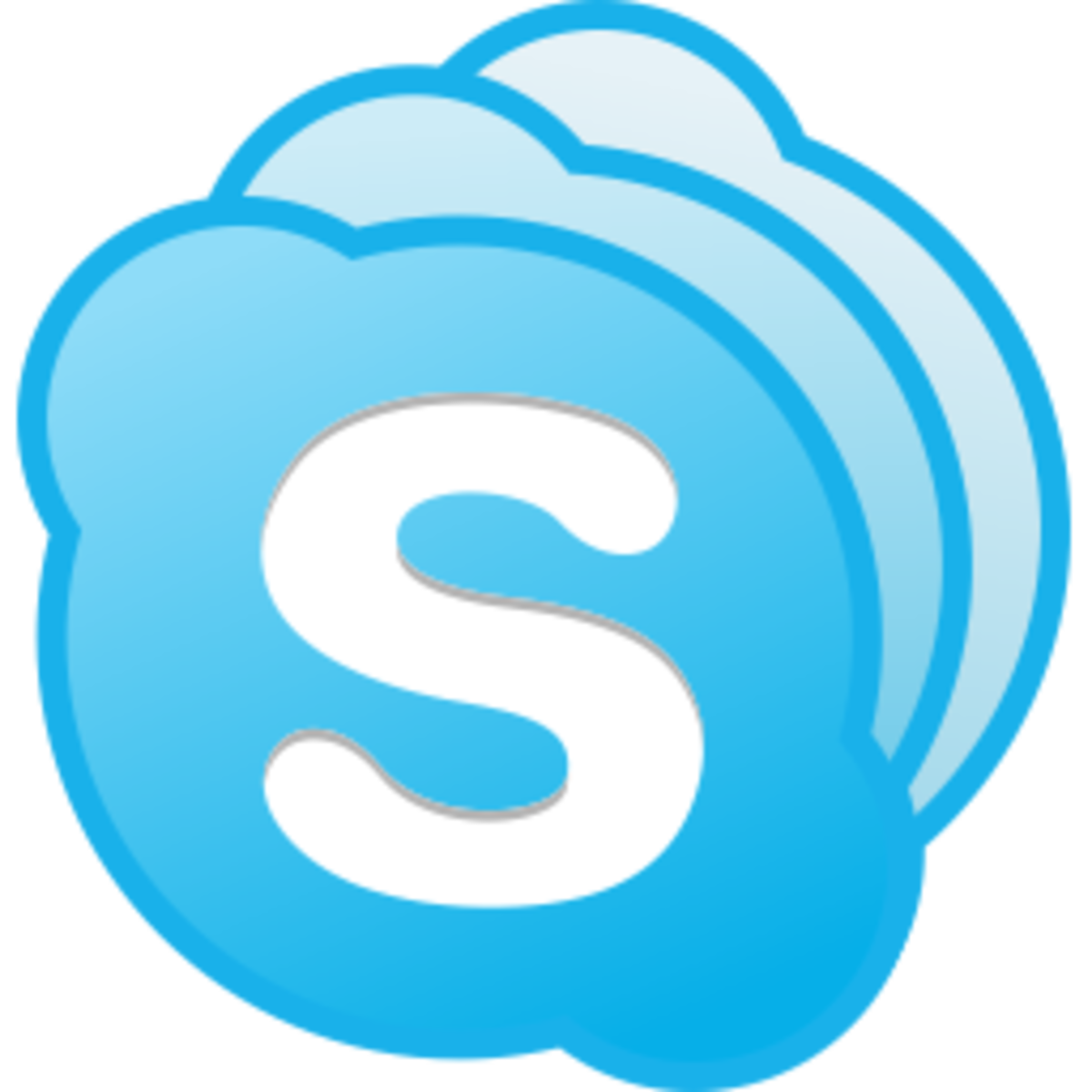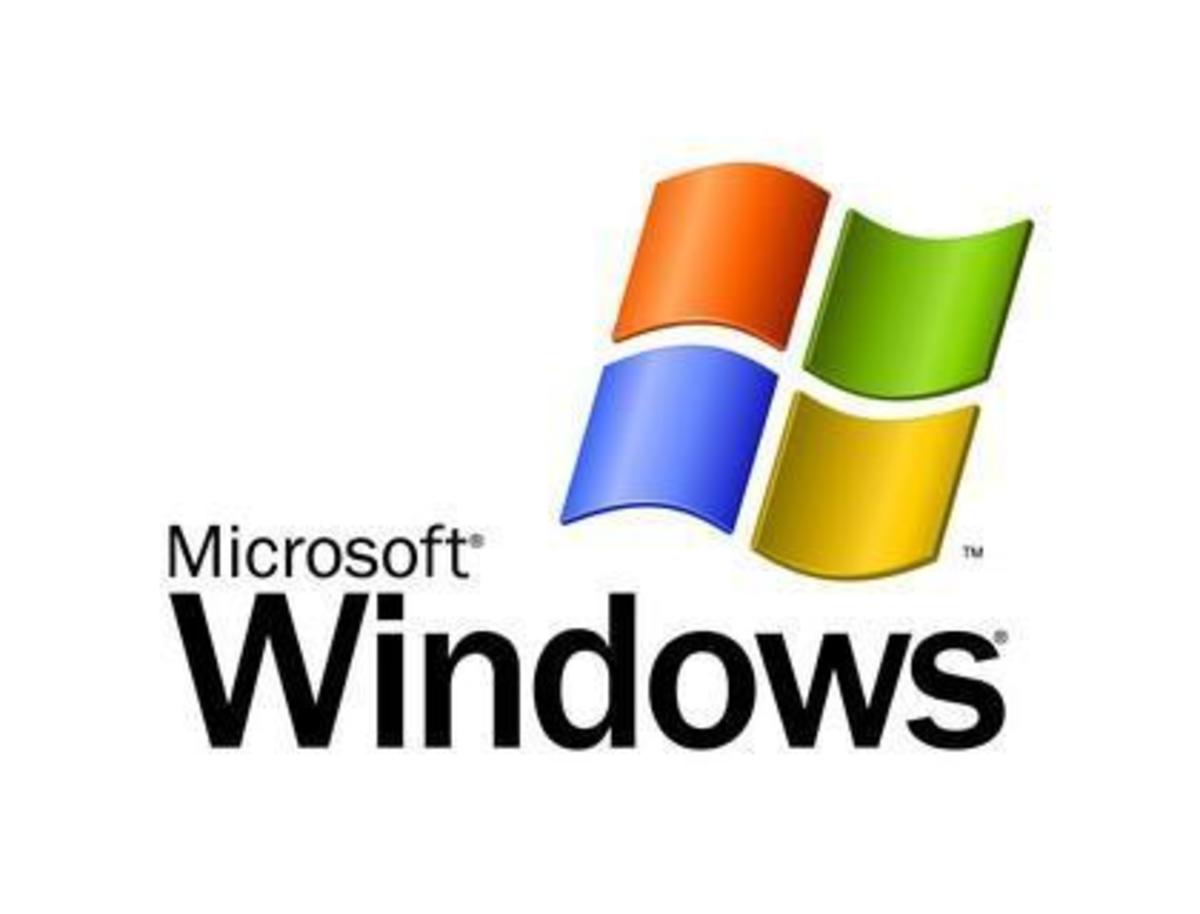- HubPages»
- Technology»
- Computers & Software»
- Operating Systems
Windows server 2008 active directory interview questions and answers

Here I am going to discuss some windows server 2008 active directory interview questions and answers. These questions are very common in interview session. I hope you will be benefited from this.
<> What is Active Directory?
An active directory (AD) is a centralised database system which performs variety of functions including organize different object like computers and users, allows administrator to apply different policy for those objects. Active directory is specially designed for distributed networking system.
<>What is domain controller?
A Domain controller is a server which performs active directory server roles in a network. The idea of domain is to manage access to resources in a network including applications, printers and share folders. Here user can access network resources using their assigned user name and password.
<> What is LDAP?
Lightweight Directory Access Protocol (LDAP) is a set of standard protocol to access directory information. It is useful for internet access.
<> What’s the major difference between FAT and NTFS on a local machine?
FAT and FAT32 does not provide security for local users. On the other hand, NTFS provides security for local user as well as for domain users. Moreover, NTFS provides file level security which is impossible in FAT32.
<> What is domain?
A domain is a group of network resources like applications, printers and shared folders. To access those resources users need to use their assigned username and password. DNS is a server level service which we will have to install during active directory installation. It is very difficult for human being to remember different IP address but they can remember domain name easily. A Domain Name Service resolves domain name to IP and IP to domain name.
- kamagra jellies
- london kamagra
- How to get followers on twitter fast without following them
What’s the secret? How to get followers on twitter fast without following them? - How to Improve Computer Performance Windows 7
Windows 7 is a great new operating system but how to improve computer performance windows 7 .. - How to protect my computer from hackers
Computer hacking is the process of software or hardware modification maliciously. - How to Edit Picture without Photoshop
If you can’t afford– Photoshop & if you don’t know how to edit picture without Photoshop..
<>What is the replication folder?
The SYSVOL is called the replication folder. It keeps all the public files of any domain. It replicates all policy and users level data after an interval.
<>Where is the Active Directory database file located?
The Active Directory database file is stored in c:\windows\ntds\ntds.dit.
<>What is forest?
A group of single or multiple domain trees which follow trust relationship and common logical structure among them. A forest is a complete instance of AD. The first domain of any forest is called root domain and the other child domains follow the root domain. The root domain in a forest must be included in Global Catalogue.
<>What’s the basic difference between guest accounts in Server 2008 R2 and other editions?
Guest accounts in Server 2008 R2 are more restrictive than any other editions
<> Why it is not possible to restore a DC backed up 4 months ago?
Because of the lifetime of backed up file is either 60 or 120 days.
<>What is GPO?
Group Policy Object.
<>What is Site?
A site represents physical network structure of Active Directory. It is an object in AD which represents geographic location that hosts networks. Moreover, it comprises of one or more subnets that are connect together with sufficient internet speed.
<> What is the use of SYSVOL folder?
The SYSVOL folder stores the server’s copy of the domain’s public files. It is used to deliver the policy and logon scripts to domain members. Moreover, it replicates file-based data among domain controllers. The Sysvol folder is shared on an NTFS volume on all the domain controllers in a particular domain. All active directory data base security related information store in SYSVOL folder and it’s only created on NTFS partition.
<>What is the Global Catalog?
The Global Catalog is a server that contains all of the information pertaining to objects within all domains in the Active Directory environment. It is something that each domain has, and it is used for authenticating the user on the network, on windows 2000 network logon’s were protected from failures by assigning a Global Catalog to every site. Global Catalog is a database which maintains the information about multiple domains with trust relationship agreement.
<>What is the use of Group Policy?
Group Policy is a feature of the Microsoft Windows NT family which gives you administrative control over users and computers in your network. It provides the working environment for server users and computers. In addition, it gives us the central management and configuration for windows operating systems and settings.
If you have any questions about this article, don’t forget to leave a comment.
You may also like to know.
- Windows server administrator interview questions and answers
This is the Hub related with windows server administrator interview questions and answers. These questions are useful in interview session.








